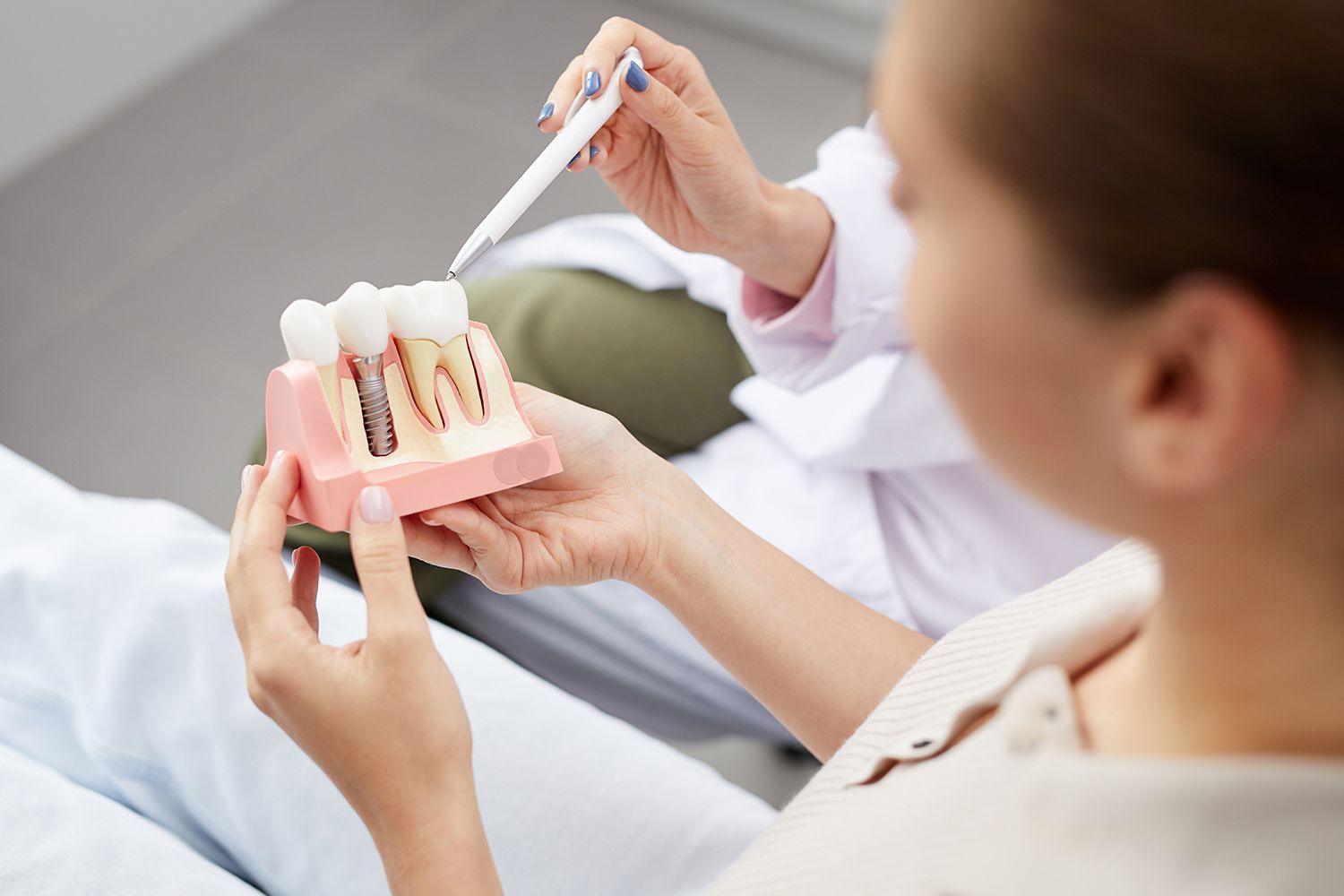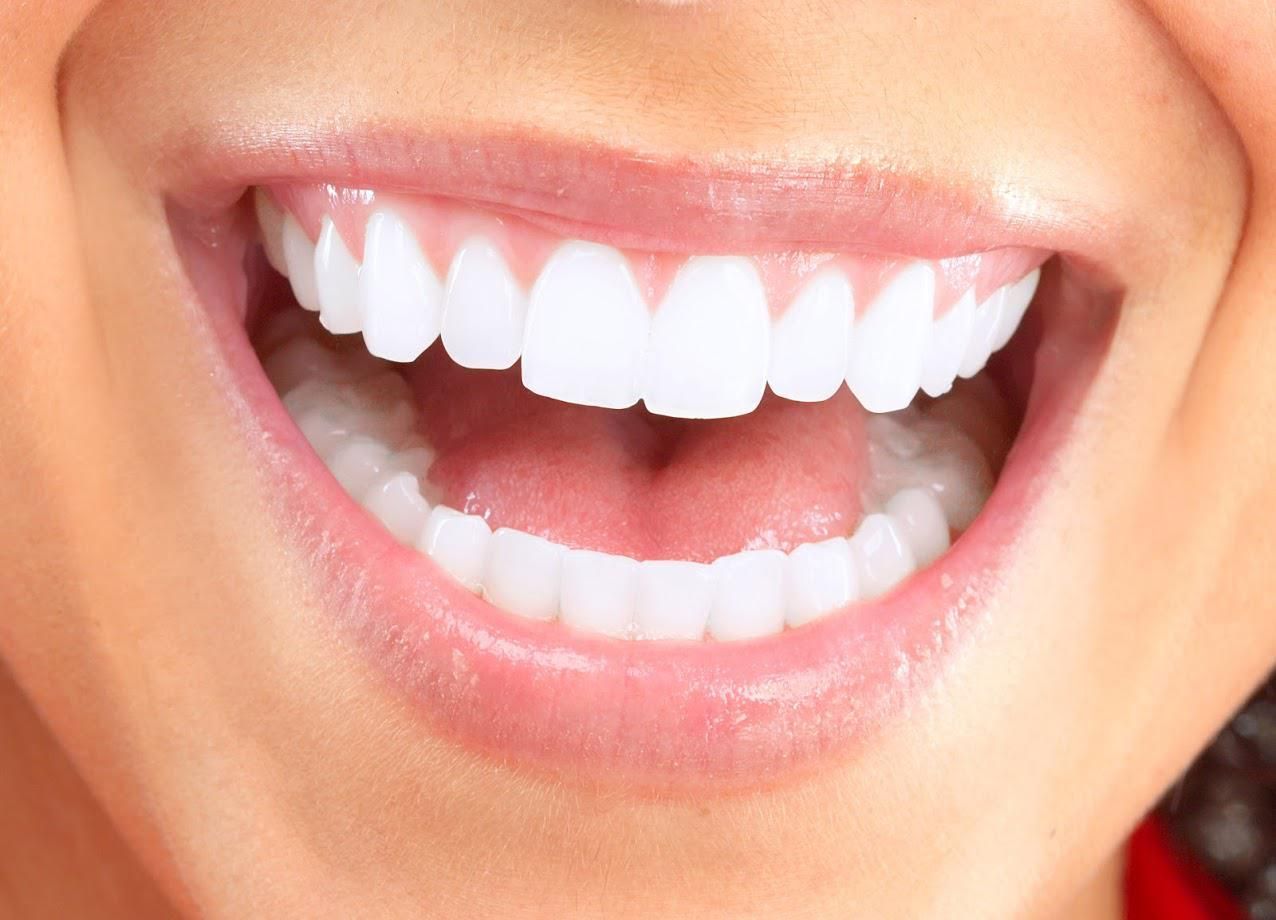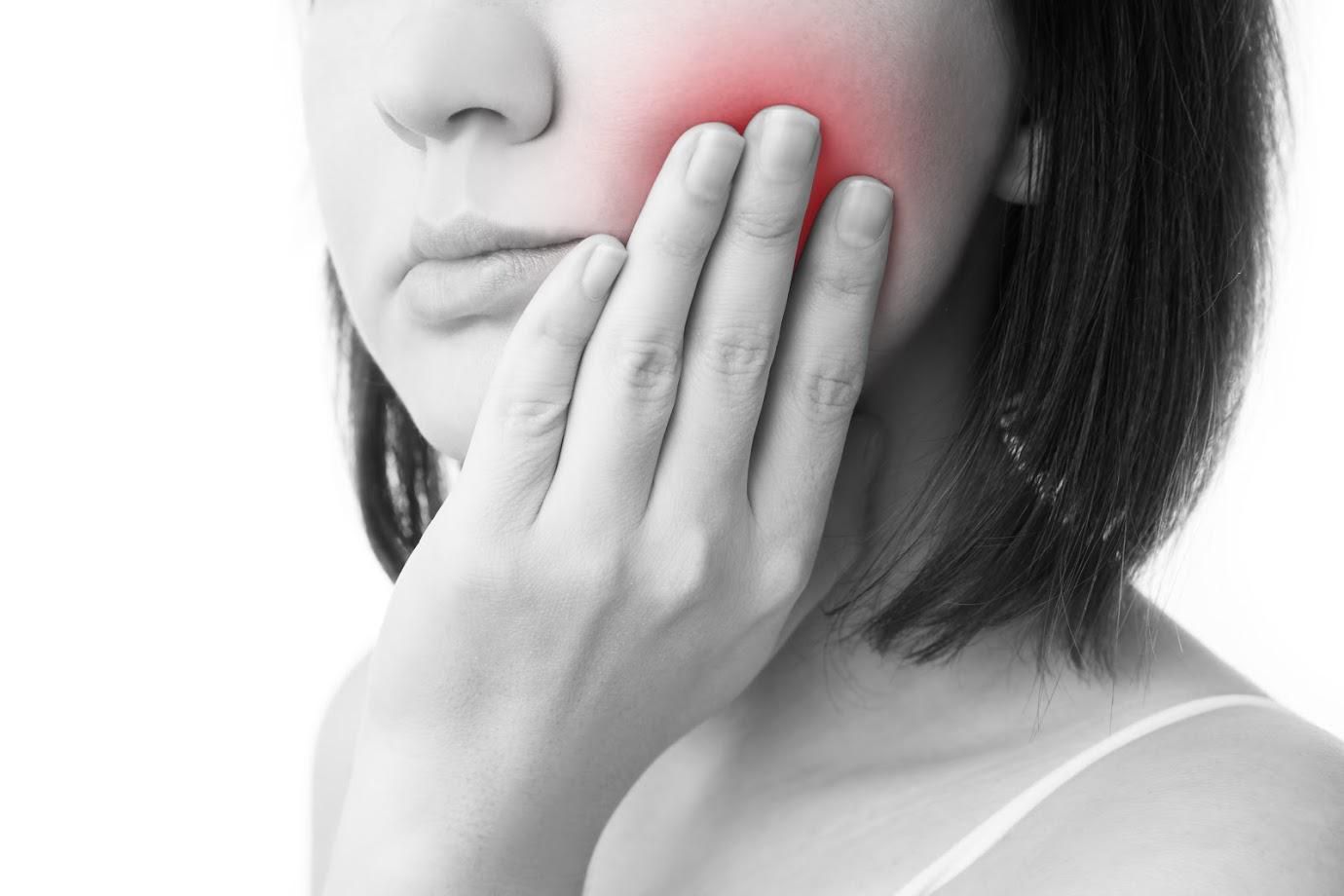3 Reasons Your Dental Health Needs You to Beat Stress

Youmay have heard that you could beat stress if you spend time on yogaor take up a hobby. But those things take time, and you may not feelthat they're as urgent as the rest of the things on your to-do list.Infact, you may not realize just how critical relaxation and stressmanagement are to your overall health. Your body and your mouth needyou to beat stress in order to stay healthy. Here are three examplesof how your stress levels can impact your oral health. 1.Stress Can Cause You to Clench and Grind Teeth Clenchingyour jaw can be a bad habit you pick up on stressful days, butgrinding your teeth at night can be much worse. When you grind atnight, you're asleep so you don't consciously control your jawmuscles. Your jaw could clench a lot harder at night than yourealize.Grindingyour teeth at night (called bruxism) doesn't just make your jawmuscles sore and give you a headache. It can also wear out yourenamel, chip your teeth, break your fillings, and cause toothsensitivity.Unfortunately,daytime stress can actually trigger bruxism. In addition to a nightguard prescription, your dentist may recommend that you reduce yourstress if you show signs of bruxism. 2.Stress Could Increase Diabetes Risk Stresslevels can affect so many things in your body; you may not besurprised to hear that blood sugar stability can be another victim.In fact, research indicates that too much stress could actuallyincrease the potential for type 2 diabetes.Diabetesis a serious health condition, and it can even affect your dentalhealth in a couple of different ways. For example, diabetes makes youmore likely to develop gum disease, also known as periodontaldisease. This is especially alarming when you realize that Americansalready have a
47.2%chanceof gum disease by their thirties.Inaddition, since it can induce dry mouth, diabetes could actuallyincrease the number of cavities that you develop. Saliva plays a rolein protecting your tooth enamel, so when you don't have enoughsaliva, your enamel is at risk. 3.Stress Can Trigger Acid Reflux Acidreflux causes stomach acids to flow back up to your mouth. This canbe just as messy and painful as it sounds, but it can also harm youroverall health and your dental health.Althoughstress isn't necessarily the cause of the condition, it can often bea trigger for acid reflux episodes. Acid reflux is a symptom of GERD,but it can also occur occasionally if you don't have GERD. However,the more often you have acid reflux, the more damage the acid can doin your mouth.Yourdoctor can diagnose whether or not you have GERD and prescribe theappropriate medications. But he or she may also advise you to avoidtriggers, which could include stress. Whether this means a lowerworkload at work, more sleep, or even taking up yoga or anotherhobby, be sure to follow your doctor's advice.GERDcan lead to serious complications both for your digestive health andfor your teeth if not treated sufficiently.Asyou can see from these three examples, the effort required to reducestress levels could be very worthwhile based solely on the effects onyour dental health. Talk to your doctor or your dentist about whatstress-busting methods could be right for you. And if you suspect yousuffer from anxiety or depression as well as stress, discuss thatwith your doctor right away.
Don'tforget to keep up with your regularly scheduled dental health whileyou seek to remove stress from your life. Contact the officeof
JeffreyL. Erwin DDStodayfor more information about our services.













